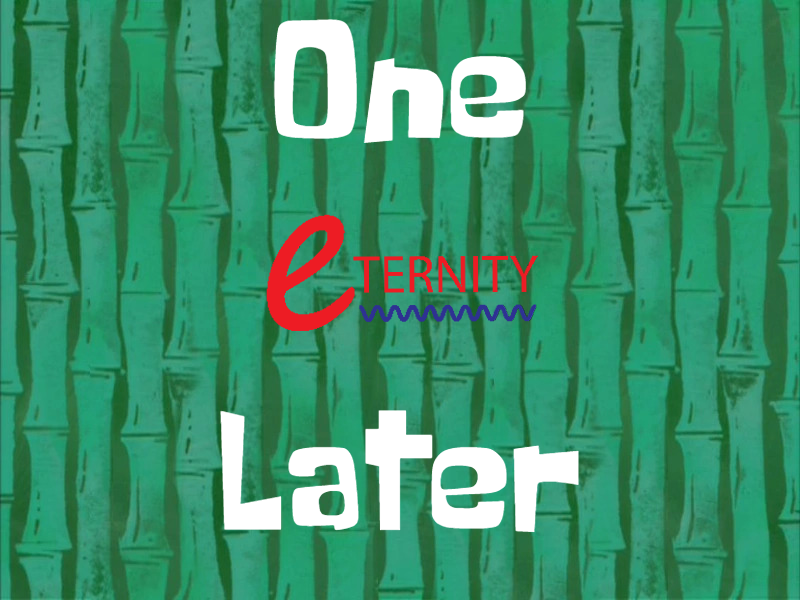
Three years ago, I started a new challenge in my career. To embark on an European research project was not something that was part of my plans throughout my academic studies. Being someone who likes to work on a project hands-on, I’ve always preferred practical activities over theoretical topics and for that reason, I assumed that research was not for me and therefore I’ve always hesitated on whether I should pursue a PhD. What I didn’t realize was that research does not have to be purely theoretical, on the contrary, it can and should have practical applications. Furthermore, industry is increasingly getting engaged in research activities and promoting further academic development towards PhD degrees.

Marie Skłodowska-Curie Actions Intensive Training Networks (or, as the cool kids call them nowadays, Doctoral Networks) combine a multitude of institutions from both academia and industry in one consortium giving the opportunity to work in either environment. It is possible to be integrated in the academia and have short stays in partner institutions (academia or industry) or the other way around, which was my case.
Within the ETERNITY consortium, I was integrated in an industrial environment at PLUX in Lisbon. A SME dedicated to biosignals acquisition. It was a perfect fit for me. To be able to work in a company on a project dedicated to tackle electromagnetic interference in medical technology, finely portrayed my academic background in a nutshell: electronics and biomedical engineering.

By being integrated in a company that manufacturers devices for biosignal acquisition while enrolled in a PhD, guaranteed the practical side that I prefer while experiencing the research world that I was not so familiar with. It was truly R&D: Research and Development.
Moreover, being able to carry both my external research stays (called ‘Secondments’ in MSCAs) in universities, allowed me, for a few months, to experience an academic research environment in contrast to my daily routine as a researcher in a company. These are great opportunities to work with the partners of the project, getting knowledge from experts on their respective fields, experience new cultures and ways of work. I can comfortably say that both my secondments have contributed highly to the outcome of my research and my view over the academia changed once I was emerged in it.


By working with other institutions, we are brought to work in different ways, with different tools that we are not familiar with and with people that have other ways of working and thinking. All of which contribute to a very enriching experience. For me in particular, I was pleased to see that in universities, things do not have to be too theoretical. Instead, and in the particular case of engineering, research doesn’t change that much from academia to industry. You still have a hypothesis, you need to come up with a way of verifying it and verify it.
Today I don’t think the question should be on whether to do PhD but where to do it. I now believe that it depends on where one wants to continue to work afterwards. The different worlds, prepare us to the different realities. In academia there are classes and students, in industry there are products and clients. MSCAs provides an experience in both.
I guess that what I am trying to say is that, whether it is in academia or industry, if the opportunity presents itself, one should enrol in a MSCA. Doing research under a MSCA gives you more than a PhD. It is not only about the topic of your dissertation. It’s about the training you receive throughout the project (in particular, during the several Network Wide Events), the skills you develop such as time management, science communication and interpersonal skills. It’s about the other researchers working towards the same goal with whom you can establish relationships lasting longer than the project itself, the supervisors from your host institution and partner institutions that guide you throughout your time with them and beyond, and all the others that you’ll meet in the conferences where you’ll be presenting your work. During a MSCA time flies by, and my time within the ETERNITY project has come to an end.

Four years ago, I did not believe I would pursue a doctorate degree. Today, I am taking a break from writing my thesis to write this blog entry.
I should get back to it 😉
To ETERNITY and beyond
